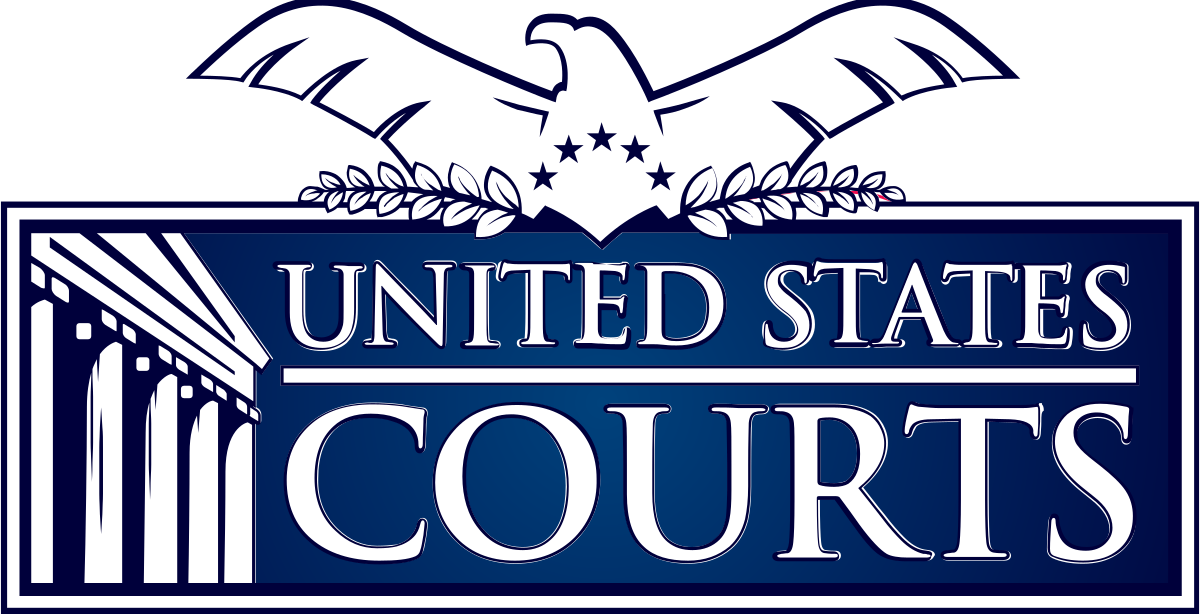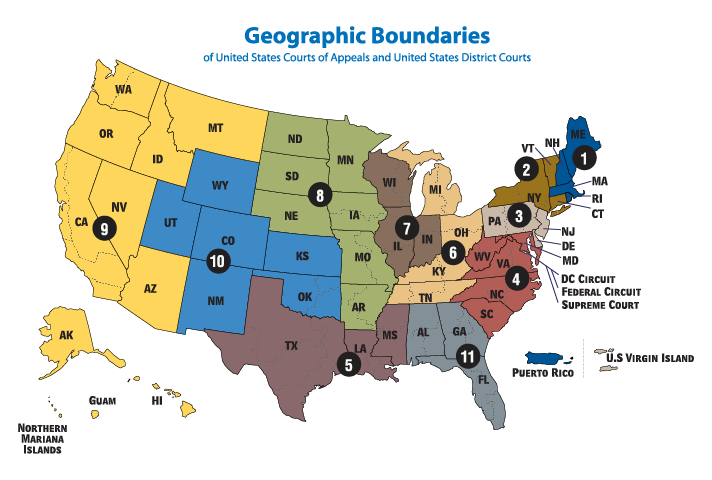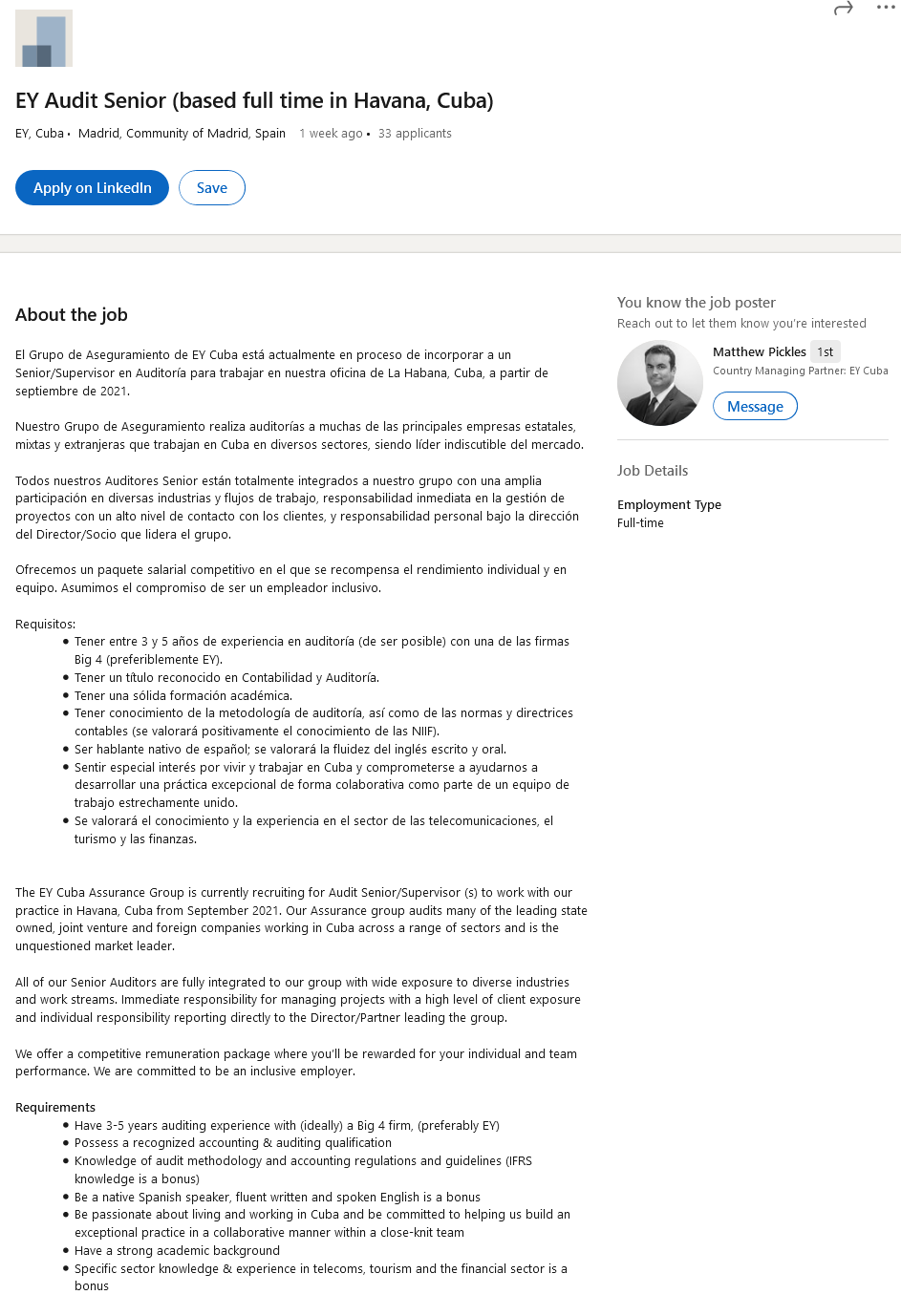Liebherr-Werk Nenzing GmbH is “one of the world's largest manufacturers of construction machinery. The more than 48,000 employees [more than 1,200 in the United States] also help to shape technological advances in many other industries. The Liebherr Group is still managed by the Liebherr family.”
“Our national parts distribution center in Newport News, Virginia, along with our distribution centers in California, Florida, Maryland, Michigan, Missouri, Nevada, New Jersey, North Carolina, Texas and Wyoming, are dedicated to expediting parts orders, improving operational efficiency and minimizing transit time. We also have a new global logistics hub in Germany to supply spare parts for the earthmoving business. These facilities ensure outstanding customer support throughout the U.S. and North America.”
“Liebherr markets a wide variety of products and technologies through its companies located across the United States. The companies are Liebherr- Aerospace Saline, Inc., Liebherr Gear Technology, Inc., Liebherr Automation Systems, Co., Liebherr Mining Equipment Newport News Co., and Liebherr USA, Co., the umbrella company for eight divisions that are positioned across the United States.”
Sales and Service Center in Miami, Florida: “The new sales and service center located in Hialeah Gardens in Miami, Florida opened in 2013. The state-of-the-art facility serves as a major hub for the Maritime Cranes, and the Refrigeration and Freezers divisions of Liebherr USA, Co. The new sales and service center is ideally located. The port of Miami and the Miami International Airport are in close proximity to the new site. This allows Liebherr to respond to customer enquiries within a short time and to accelerate the distribution of parts and services. Besides maritime cranes such as mobile harbor cranes, container cranes, ship cranes, offshore cranes, stacking and gantry cranes (RMG, RTG), reachstackers and straddle carriers, Liebherr markets a variety of residential and commercial appliances in North America from this location. The Miami sales and service center also offers a broad range of training courses for customers, operators, crane and service staff.”
Standards of conduct for the area of foreign trade law: “As an international Group, Liebherr supplies goods and provides services all over the world. Consequently, the Group is regularly confronted with laws and regulations from the area of foreign trade law (which we also consider the provisions of customs law to be part of). Violations against the applicable laws and provisions of foreign trade law usually have far-reaching consequence for the companies involved and the individuals responsible for the violations. Both in our own interest and in the interest of our customers and buyers, we therefore ensure that in our company the applicable national or intergovernmental rules and provisions of foreign trade law are observed and that appropriate processes and structures are maintained for this purpose.”
First new Liebherr LTM 1220-5.2 mobile crane for Cuba. Long-term use in a lead and zinc mine. Liebherr provides reliable, fast service in Cuba in conjunction with its agent, CON-IMPEX 1 July 2016
“Liebherr recently completed the first delivery of an LTM mobile crane to Cuba. Womy Rental construction machinery and crane rental company took delivery of the 5-axle LTM 1220-5.2. The crane is destined for long-term use in an [ a joint venture of Singapore-based Trafigura Group Pte. Ltd. and Republic of Cuba government-operated Geominera S.A.] ENIMCAR mine in Santa Lucía which extracts minerals for the production of lead and zinc. The mine is currently being prepared and, among other things, will have its own port facility where a used Liebherr LHM 1400 port mobile crane will be used. ENIMCAR has also imported two used Liebherr LTM cranes, an LTM 1080/1 and an LTM 1055-3.1.”
“The decision by the mine to use Liebherr mobile and port cranes was based on the fact that Liebherr can provide fast, efficient customer service in the region through sales and service company Liebherr Mexico, S. de R.L. de C.V. and can also supply spare parts in Cuba. Furthermore, ENIMCAR has had several Liebherr earthmoving machines, such as excavators and crawler tractors, for some considerable time. Liebherr works there with Berlin, Germany-based CON-IMPEX [Group], which is the official customer service point for Liebherr mobile cranes and earthmoving machinery on Cuba. CON-IMPEX Handelsgesellschaft mbH & Co. KG is a company based in Cuba and Germany which specialises in providing agency services for high quality technical products on Cuba. Its own technicians for construction machinery and cranes were trained at Liebherr Training Centres for this purpose.”
“Liebherr Mexico provides commercial and technical advice and support for difficult situations with technicians from Mexico who can travel to Cuba in less than 24 hours. From its head office in Mexico City, this Liebherr company covers Central America and the Caribbean. There is a total of twenty Liebherr LTM series mobile cranes currently in use on Cuba, seven of which are operated by state crane rental company Cubiza.”
Port Of Moerdijk, The Netherlands-Base Womy Equipment Supply: “We have continued expanding our activities since our foundation in 1996. We now specialise in the rental, sale and service of all kinds of equipment. All over the world you can find public transport, lift trucks, warehouse trucks, mobile cranes, aerial platforms, container handling equipment, earthmoving and construction equipment which bears our signature. Expanding our potential and capabilities within the diversity of this trade, has allowed to participate and undertake far-reaching and complex projects around the world. Our main office is located in the port of Moerdijk, close to the ports of Rotterdam, Amsterdam and Antwerp. The 20.000m² area offers warehousing, a construction and maintenance site, offices and stock parking. Our group owns companies in Cuba, Ivory Coast, Portugal, Poland, Romania, Oman, Ghana, Turkey and Liberia. Working on an international scale implies showing respect for the cultures we work with. It also means investing in a partnership with local authorities and companies to help them achieve their goals. Merely supplying goods isn’t enough. We are a full service company which believes in cooperation.
The opening of Womy Equipment Rental in ZED Mariel: “[Mariel, Cuba] Tuesday 31st October 2017: Womy Equipment Rental [https://www.womy.cu/en/], the extension of the already existing Womy Equipment Supply B.V. (2016), has officially opened the doors of their 1st facility in ZED Mariel Cuba. Womy Equipment Supply has been around in Cuba for quite some time. With over 26 years of experience in providing all sorts of transport, lifting and after sales solutions, the company expands their current course of actions with a rental company.”
“Womy Equipment Supply has already been involved with renting equipment in Cuba before. Womy Equipment Supply won the tender of changing the flares at Havana's refinery in cooperation with Cubiza. All the meetings, the discussions and studies regarding the possibilities of the execution, in combination with the opportunity offered by ZED Mariel, enlightened the spark for Womy to start a company only involved with the rental of equipment, Womy Equipment Rental.”
“Womy Equipment (Rental and Supply) is part of [Hoogvliet, The Netherlands-based] Mobilift International [subsidiary of Hoogvliet, The Netherlands-based Peinemann Mobilift Groep B.V.; 2019 revenue approximately US$220 million; office in Spring, Texas] Mobilift International is known for its huge equipment rental operations throughout the Netherlands, especially in the harbour of Rotterdam. However, Mobilift's focus is internationally active as well. With offices in multiple parts of Europe, West-Africa, the Middle East and now their second office in Cuba, the group is becoming a global player in the horizontal- and vertical transport industry.”
“A lot of experience, knowledge and expertise is a result of clustering all offices within Mobilift International. With combining all forces of the offices together, a strong foundation has been built for Womy Equipment Rental in Mariel. The office will be the centre point for the support in construction, logistics, renewable energy, and repair industry in Cuba.”
Caterpillar And Deere & Company In Cuba
In 2017, Deere & Company (2019 revenues approximately US$39.26 billion) established a distribution center in the Republic of Cuba, joining San Juan, Puerto Rico-based RIMCO, the Republic of Cuba distributor for Peoria, Illinois-based Caterpillar Inc. (2019 revenues approximately US$53.8 billion) established the same year. At the time, neither Deere & Company nor Caterpillar issued media releases or posted information on their respective Internet sites.
Since November 2017, Deere & Company delivered more than US$800,000.00 in agricultural equipment to the Republic of Cuba for use at its distribution center. Antioch, Tennessee-based Wirtgen America, Inc., a subsidiary of Windhagen, Germany-based Wirtgen Group (2020 revenues approximately US$3 billion), a construction equipment machinery subsidiary (acquired in 2017) of Deere & Company has also delivered products to the Republic of Cuba. RIMCO continues to deliver equipment for use at its distribution center in the Republic of Cuba, including excavators, backhoes, graders, scrapers, bulldozers, railway fixtures, and signaling equipment, valued at more than US$4 million since December 2018.
John Deere Financial Services was to provide payment terms/financing for the exports, primarily Series 5000 (price range US$25,000.00 to US$80,000.00) with a limited quantity of Series 7000 (price range US$219,000.00 to US$280,000.00). According to the company, several hundred tractors, parts and accessories may be exported from the United States to the Republic of Cuba during the next four years, with the first deliveries (for testing and evaluation) scheduled for mid-November 2017. The potential value of the several hundred products exported from the United States to the Republic of Cuba that would be financed could range from US$9 million to US$30 million. John Deere Financial Services has not commented as to whether the product sales goals have been achieved or if there have been issues relating to the receipt of payments. Caterpillar has not disclosed if the company has provided payment terms for its products exported to the Republic of Cuba.









































